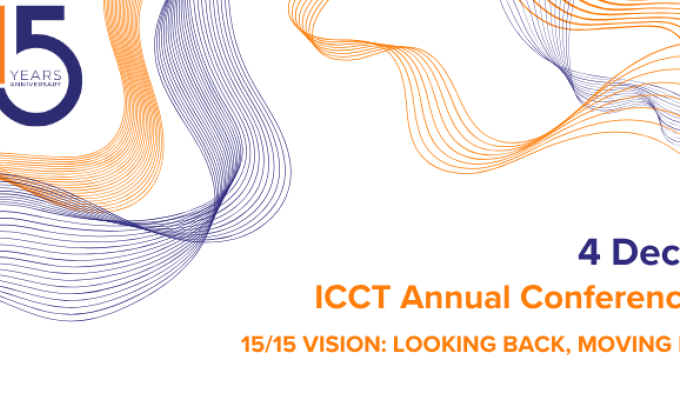What does terrorism do to people? What happens if people are terrorised? How can we explain contemporary societal and political developments in the post 9/11 world?
The London transit bombings of 7 July 2005 provided the opportunity to address some of these pressing questions pertaining to the effects of a terrorist attack. Investigating such effects is important. Terrorism is, in its core, meant as a form of psychological warfare that capitalizes on the use of terror to influence a target audience. Understanding the effects of terror on public attitudes seems therefore a prerequisite for effective counterterrorism. After all, one needs to know what to counter, before any sensible form of counterterrorism can be effectuated.
Two students assistants worked tirelessly the days following the attacks in London. They flew over from the Netherlands and distributed hundreds of questionnaires in parks and on streets near the sights where the deplorable bombings had taken place. Over four hundred Londoners participated in the study, and thus shared their feelings, thoughts, and opinions on the events that had unfolded. The participants were asked all sorts of questions, relating to their current emotional and psychological well-being, but also to their attitudes towards counterterrorism measures, to Tony Blair as leader of the country, to the nation and the fact that the city was just chosen to organize the 2012 Olympics, and to Britain as a pluralistic, multicultural society.
We first created a subset of those who reported to feel particularly disturbed by the attacks and those who experienced the events with relative equanimity. We then compared the scores of those high in psychological distress and those low in psychological distress on a number of items. Now, this is not the place to elaborate on the methodological and statistical intricacies of the study. But several findings are certainly worthy of sharing.
The first finding is not particularly surprising. A call for strong, immediate and harsh counterterrorism measures was observed particularly among those in psychological distress. This makes sense. Clearly the more one feels bugged by something, the greater the urge and intensity to do something about it. But this finding relates to a second finding that may uncover more fundamental insight in the workings of terror. Among those in psychological distress, the endorsement of strong, immediate and harsh counterterrorism measures was linked –mentally– to a strong sense of national pride and the belief that the then-leader Tony Blair was the best man to lead the country, combined with lower belief in multiculturalism. These links between emotional state and political opinions were not found among those who reported less distress after the attack.
The bottom line of this finding is that psychological distress appears to create the idea that a tough stance in countering terrorism is a matter that implicates the interests and values of the nation as whole. In other words, among those distressed by terrorism, counterterrorism appears to have become an act of patriotism.
This real-life finding actually coincides with a vast body of experimental findings in social psychology on the so-called mortality salience effect. Several hundred experiments show that those subtly confronted with “terror”, in the form of subtle exposures to the prospect of mortality, cling to their ingroup, most often their nation, and become tougher to anyone who seeks to impinge on the value system of the ingroup. The observation in London, then, does not stand on its own. It has also and reliably been demonstrated in laboratory settings.
I think that the observation and the experimental findings are of help in getting an understanding of what really matters during terrorist attacks. Terrorism obviously creates distress, which in turn not only causes an urge for harsh counterterrorism measures but also a tendency to aggrandize these measures to become of national significance. The question then is whether the raising of stakes in counterterrorism is effective. Probably not. In it lies the potential for a dangerous cycle of violence: Terrorism leads to a call for harsh counterterrorism measures. But these measures do not stand on their own. Counterterrorism becomes central to the nation’s national security. Exactly this centrality, in turn, makes ineffective counterterrorism particularly damaging and the threat of further terrorism an effective weapon to disrupt the nation as a whole. And in describing this dynamic, I am even leaving out that a nationalistic focus induces feelings of solidarity with the ingroup and thereby, reduces tolerance.
Counterterrorism, then, may not be best served by an emphasis on countering individual people, or groups of people, or even countering beliefs that threaten national or international values. The brilliant Fareed Zakaria adequately phrased it, I think, when he stated that “the best counterterrorism policy is resilience” because “terrorism is a military tactic defined by the onlooker”. Counterterrorism, then, should be about countering effects. This is not to deny the sincerity of the grievance in response to terror, or the outburst of distress following the grotesque act of terrorism of the last decade. In fact, any act of counterterrorism should be carried out in full recognition of the hurt of the victims and the fears of the general population. It should also, however, be done in the recognition that all too often, and particularly in the case of terrorism, the sting within causes the greatest harm.







